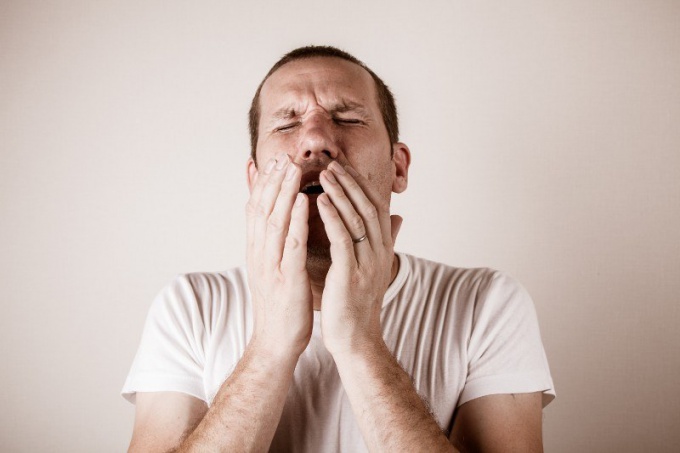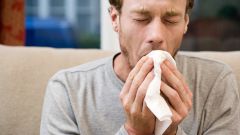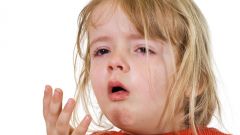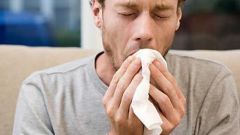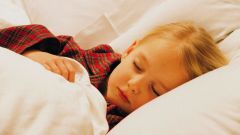Varieties and signs of laryngitis
There are acute and chronic laryngitis. The inflammatory process may spread to the entire mucosa of the larynx – this form of laryngitis is called diffuse, or on the area of the vocal folds, epiglottis, walls pidholosoviy cavity (insulated laryngitis).
When acute diffuse laryngitis throat looks really red in the crease area of the vestibule is observed swelling of the mucous membrane. The isolated form of acute laryngitis is characterized by a sudden reddening only in the epiglottis. Often, the inflammatory process affects not only the larynx, but the trachea (laryngotracheitis). Laryngitis has had a severe cough, the disease beginning dry, then with phlegm.
The main symptoms of acute laryngitis, in addition to cough are: fever, increase of leukocytes in the blood, pain when swallowing, hoarseness, dryness and sore throat, headache, weakness, shortness of breath.
Relief of cough laryngitis
The treatment of any form of laryngitis should definitely be under the supervision of a physician. If an attack of dry cough appeared in the night, do not panic. Dealing with it will help tools such as warm, drink plenty of water – "Borjomi", glass of milk with honey and soda, and a hot foot bath for 7-10 minutes, statement of mustard plasters to the region of the larynx and chest. Can help and humidification, a steam inhalation with anti-inflammatory herbs and soda.
If the attack barking cough came from the baby, it can be a serious form of acute laryngitis, called " false croup. The child suddenly wakes up, often drenched in sweat, his breathing becomes loud and labored, he was tormented by the barking cough, the lips are cyanotic. All these symptoms are associated not only with laryngeal edema and spasm of the glottis.
If you see the child has an attack of false croup, immediately call an ambulance. Prior to her arrival, the attack can be weakened by the ways described above. Be sure to lift the child seat and keep it down, ensure the inflow of moist air.
If mustard foot bath and inhalation do not have the desired effect, and the doctor is delayed, give the child one of the antispasmodics, for example, Papaverine or No-silo" in age-appropriate dosage. In the case where the disorder is Allergy, it is also necessary to give your baby any antihistamines, for example, "Zyrtec", "Tavegil or Suprastin". Usually, such attacks are as sudden as it starts, 15-20 minutes.
